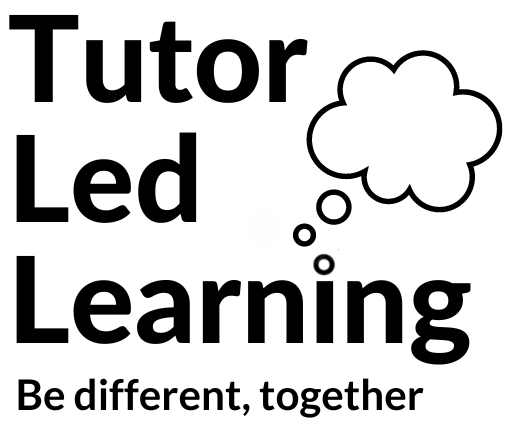If you’re new to educating at home, you might just be hearing about ‘unschooling’.
So what is ‘unschooling’?
The term ‘unschooling’ can mean different things to different people. For some, it’s the period of transition when children move from formal ‘school based’ education to ‘home based’ education. Others use the term to describe how they organise their own home based education programme. Still unsure? No problem – let’s look at each different view in turn.
Unschooling as a period of transition, for children moving from school-based to home-based education, is something which parents/carers would be well advised to consider carefully. Schools typically have very many rules and regulations which must be followed to enable the smooth running of such a large and varied community. In a school there are usually rules about what to wear, what to bring, where to sit, stand and queue, when you can use the toilets, what to study, when to study and even how to study. Whilst these rules can be the source of much frustration, if they are designed properly and enforced consistently they free school staff up to get on with what is important. Each home will have its own rules and regulations – some may be more conducive to a new home education routine than others. Should rules stay the same? Be reduced? Changed? Increased? Children adapt to changing routines differently, those with Autism Spectrum Disorder may need more time than others to settle in.
As well as their primary purpose to educate, schools also play a significant contribution to a young person’s socialisation. In fact this is the reason many parents/carers choose to home educate; because they feel their child is unhappy, not mixing appropriately, being bullied or otherwise. During the transition period you can expect to observe (and be involved in) a range of new emotions and behaviours which will take time to work through. If you need support handling this phase there’s no shame in seeking it out. There are lots of resources online and some useful phone numbers if you need someone to talk to.
Be realistic about what can be achieved and in what time frame. There is no need to try to replicate exactly the same timetable as that which was being followed in school. Don’t worry about falling behind – rushing the transition phase is unlikely to be productive and once you are up and running home learning is often more productive than time spent in the classroom.
Depending on your child’s age, personality and individual circumstances you may need to plan for a transition period lasting from several weeks to a few months. Focus on relationships and routine ahead of content and progress. Remember to make time for yourself and other family members too.
Unschooling as a process or ideology of education is rooted in putting a child’s individual interests and talents at the heart of the learning programme. These interests and talents may take some time to emerge which is why a period of ‘no pressure’ exploration can be a good way to begin. Try to think beyond your own experiences of education and what you think education should look like. Does learning really have to take place at a desk with pen and paper or can it happen on a countryside walk with a magnifying glass and set of binoculars? You don’t need to have all the answers – why not share your questions and search for the answers together?
There’s a spectrum of attitudes to what should be learned ranging from ‘only that which will get good exam grades’ through to ‘only that which you are interested in’. For most home educators the sweet spot lies somewhere between these extremes. National curricula are freely available online and give an idea of what the UK Government considers to be age appropriate learning for different subjects. These documents, combined with input from Home Ed forums, support groups and professional tutors, will help you structure learning in a way that suits you and your child ensuring exams can be taken at some point in the future if necessary.
A few tips from my own time teaching in and out of the classroom:
- Nurture your own patience by actively thinking about what you are going to define as a ‘success’ in any given session (start gently!)
- Think about rules carefully, perhaps negotiate them together, be consistent in enforcing those that matter to you, don’t be afraid to apologise when you get things wrong
- Give praise at least ten times as often as you give correction or criticism
- Strive to enjoy the journey, not just the destination
- Find (or form) your own support network to help with the tricky patches and ask for help if you need it
For more detailed advice on Home Education you may wish to check out information provided by charities such as Home Education Advisory Service or Education Otherwise (many other sources of information are available). If you have specific questions please don’t hesitate to get in touch. Although we can’t advise on specific individual situations if we can help, perhaps by pointing you to some useful information, we will.
Some resources you may find of use are below. Tutor Led Learning neither endorses nor takes responsibility for any external content.
https://www.theguardian.com/education/2016/oct/11/unschool-children-monitor-home-schooling-education
https://www.naturalchild.org/articles/guest/pam_sorooshian2.html
https://www.gov.uk/government/collections/national-curriculum
https://www.educationotherwise.org/
Home
